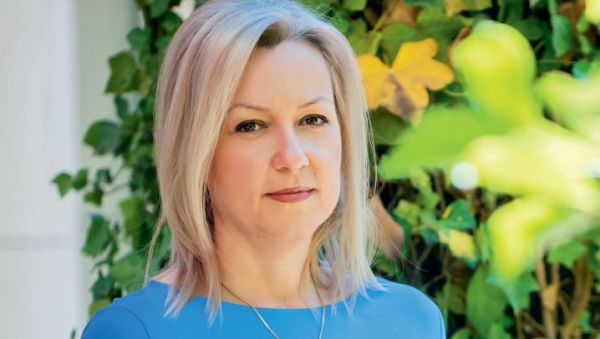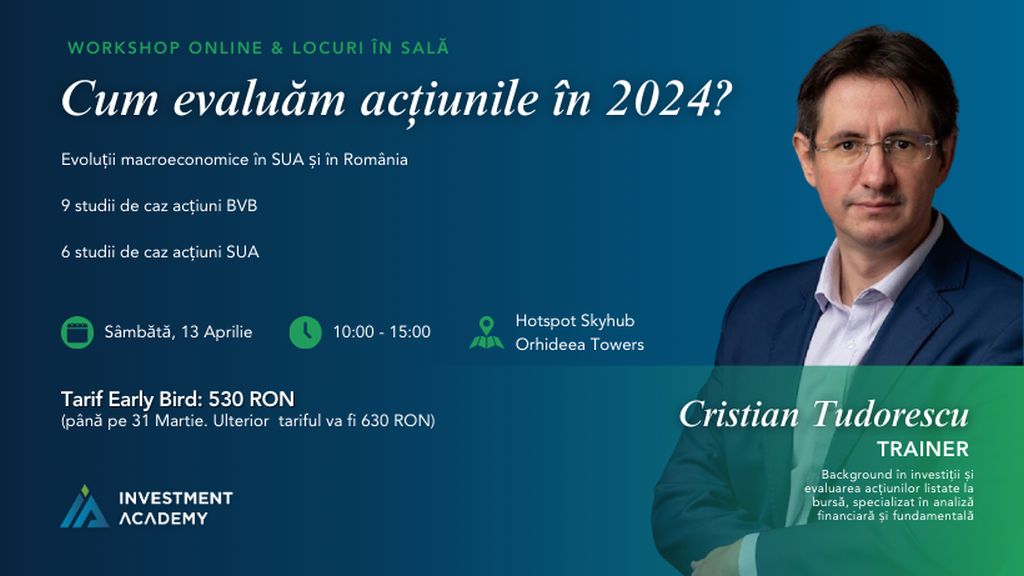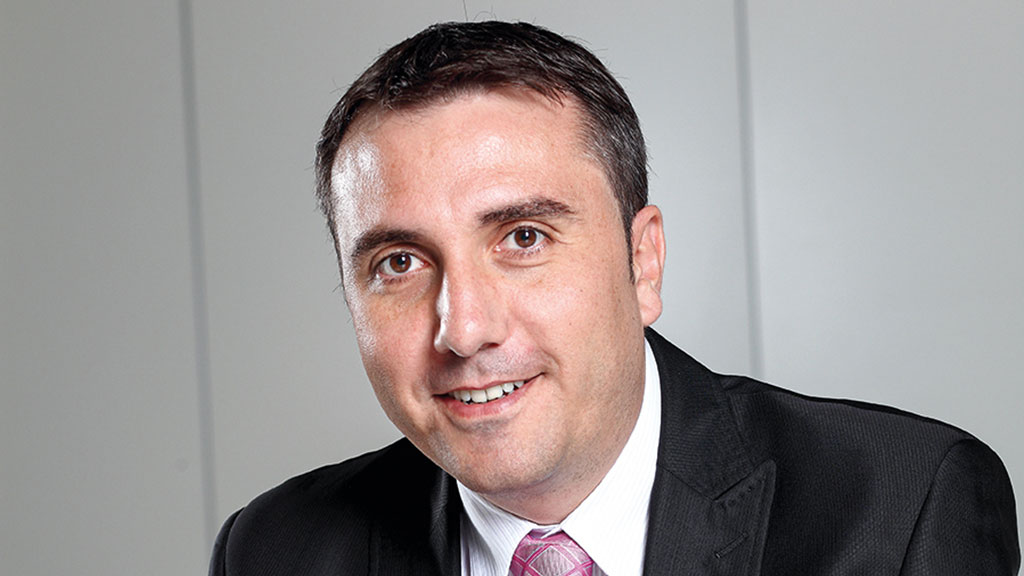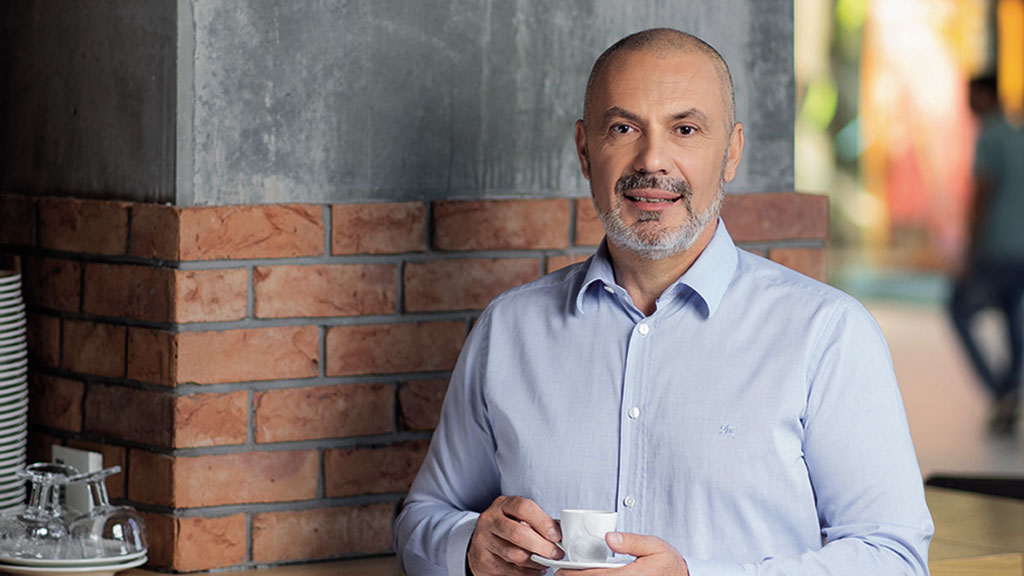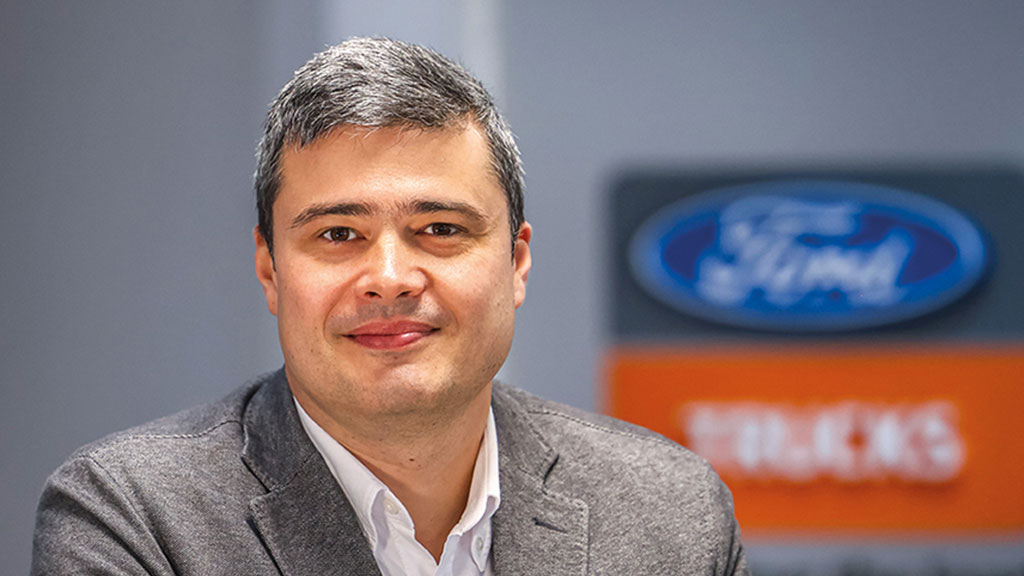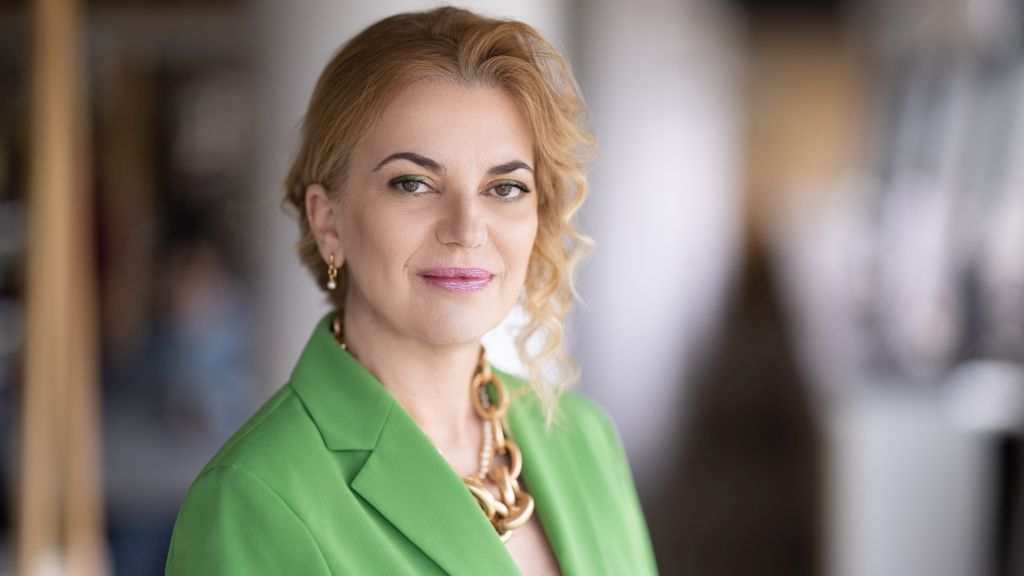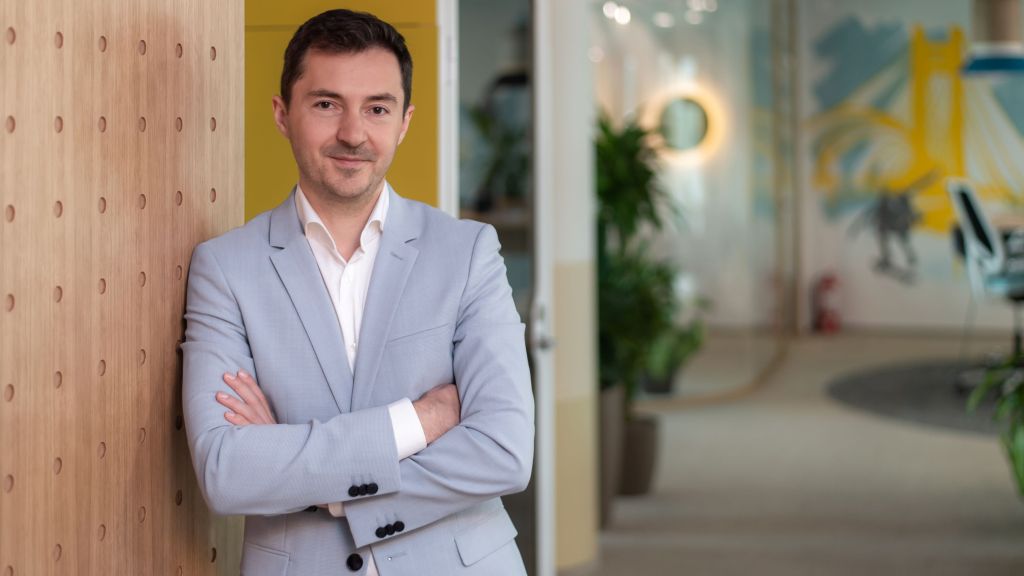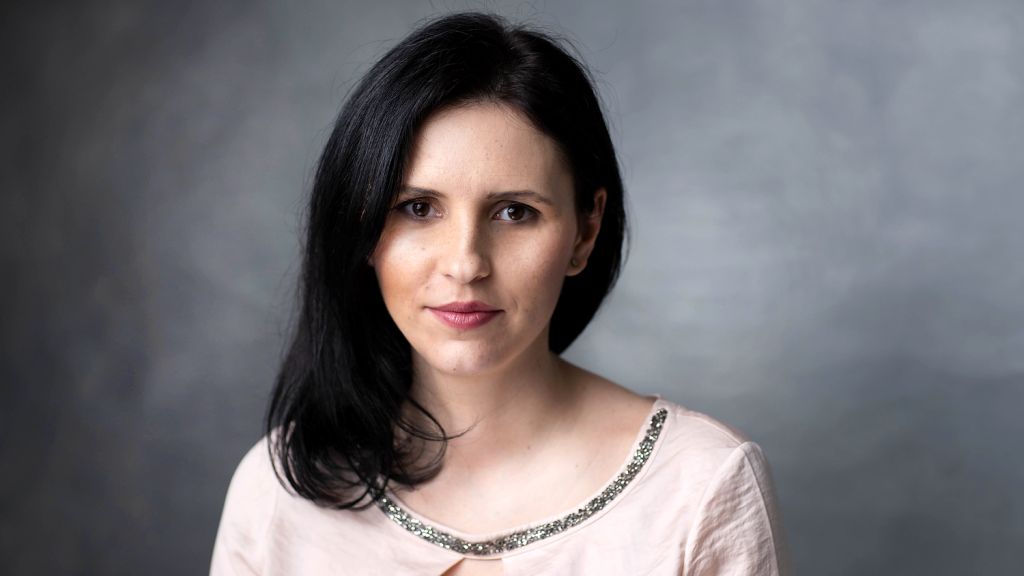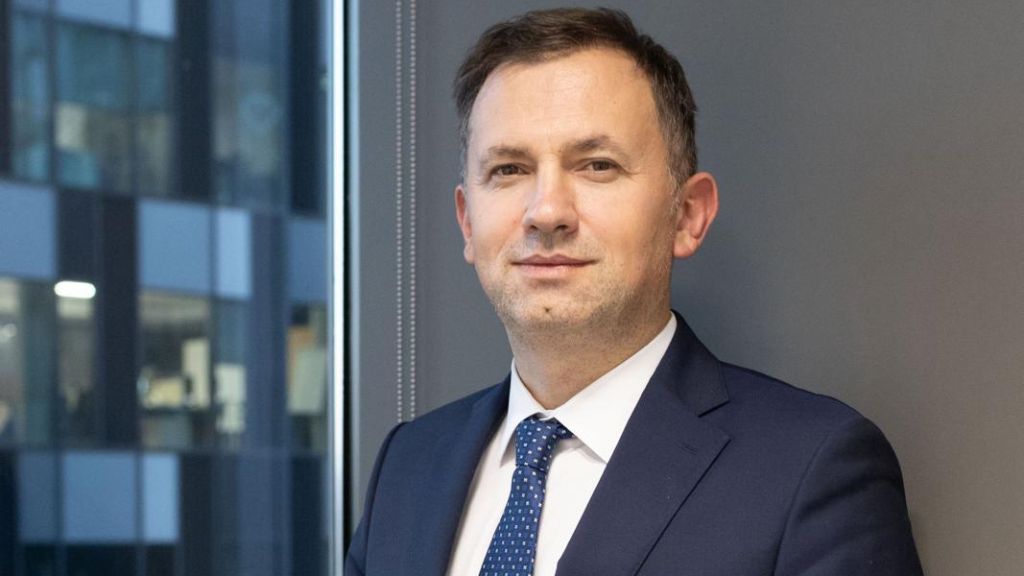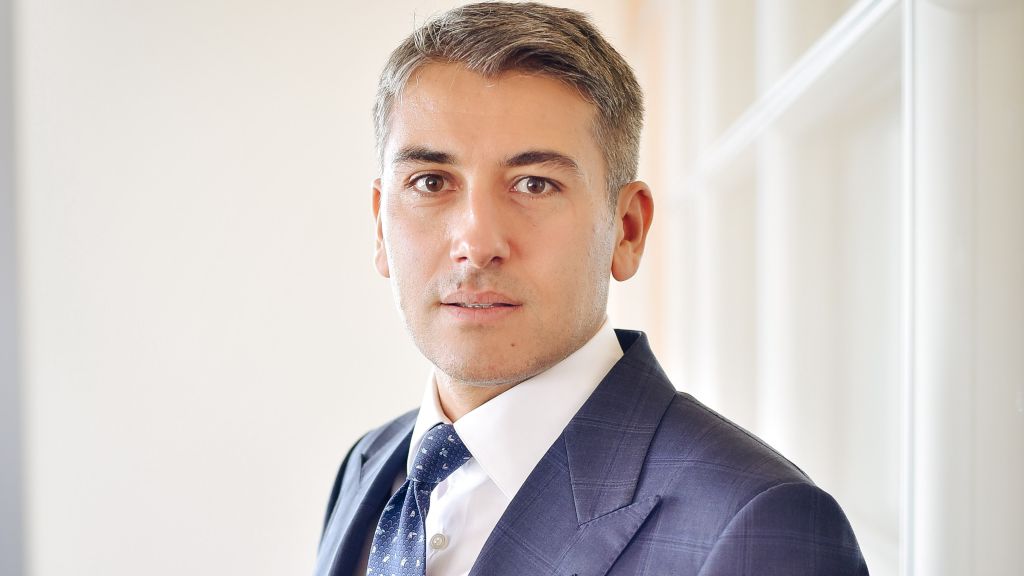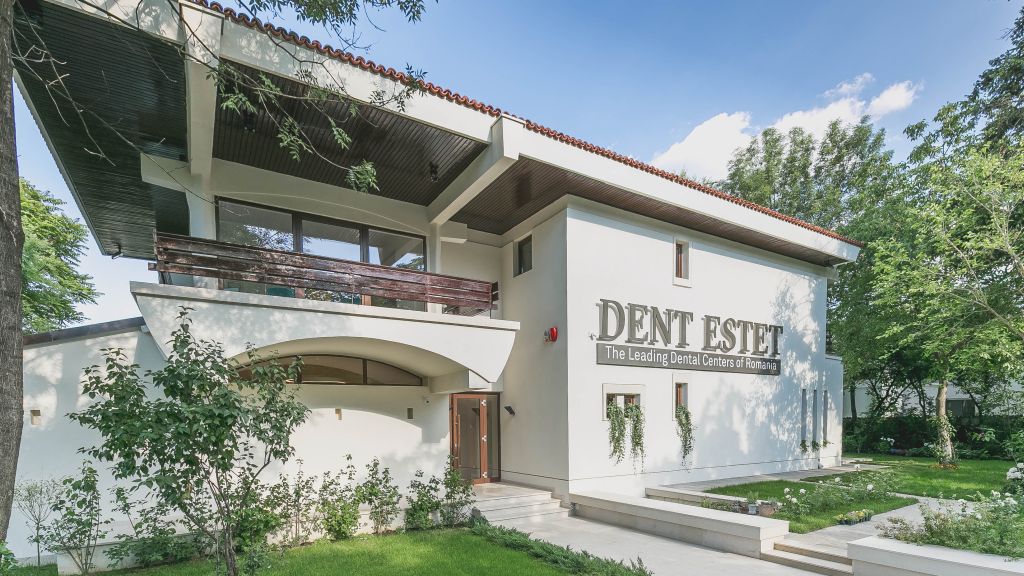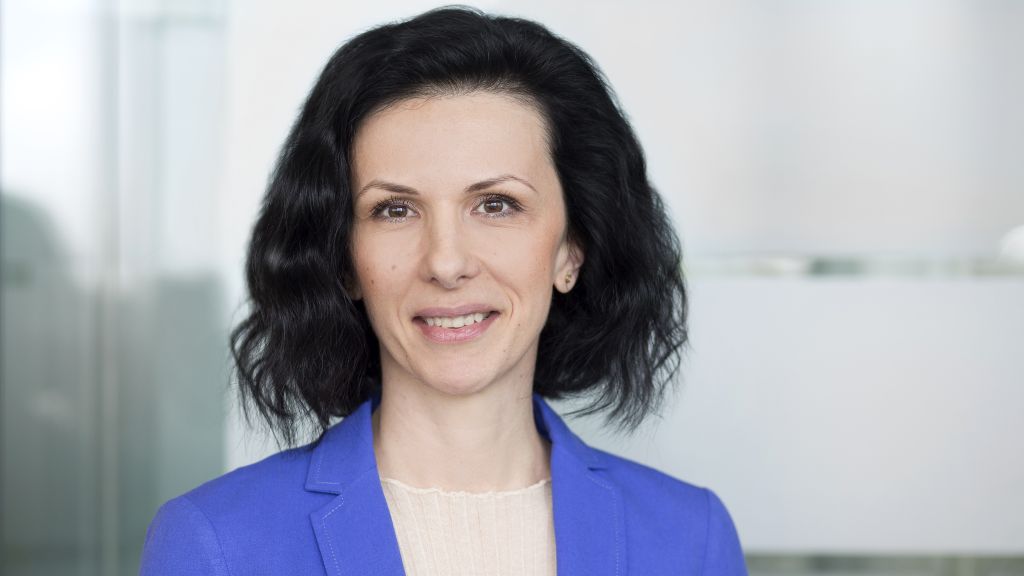Q: What’s the newest bet in the food industry and why?
Amalia Leorent: The food industry remains one of the most dynamic industry sectors in Romania as well as globally! We have discovered a huge potential in this area, first of all, because consumer needs have diversified, opportunities and places of consumption have increased too. In this context, it is natural for people to want diversity, many tastes and flavors, appealing and practical packaging – so, good food, at hand, but also as clean as possible.
Thus, we took the first step in the Prefera Foods factory, where the ambition was that all the products under the Capricii si Delicii brand are redeveloped and cleaned of all that means additives, dyes, and preservatives. Our ambition was to provide consumers with canned food but prepared in the same way as the home-made food. We want to turn a blamed category of the canned food to one that is appreciated and enjoyed.
This has resulted in liver-rich patties, soups, traditional dishes, vegetable stews, eggplant salads, containing just clean ingredients as prepared and preserved at home. It was a considerable effort for the entire team, from drawing the products portfolio, rethinking the packaging design, including the weights range, perfecting the recipes, and putting the products into the market, considering that Prefera Foods was a small insignificant player. The recent history shows us that people have rediscovered, appreciated and consumed our products with pleasure.
Q: How did you decide to invest in the ready meal concept? What was the reaction of retailers?
Amalia Leorent: Whenever I was traveling in various European cities and entering a convenience store, I was fascinated by the huge showcases with ready-to-eat salads, cleaned and cut fruits, up to hundreds of ready-made dishes, each more inviting. Obviously, I wanted the same thing, the same experience, in my country!
Only a few years ago this London-like retail type was almost non-existent in the Romanian trade. But recently, the niche has become a category, and the chain stores in major cities have become increasingly open to manufacturers, just to be more in tune with the buyers.
It is a logical transformation, in the context in which, according to recent studies, 7 out of 10 active people consume on-the-go products and over a quarter of the population of Romania eat outside the house.
The acquisition of Salconserv factory in Medias prompted us to the opportunity of launching the ready-to-cook Coptusor lasagna and moussaka under the brand Capricii si Delicii. Here too we launched the ready-to-eat range, comprising of salads and traditional recipes, in packages that are unique in Romania. The retailers’ response was an encouraging one and we found in many of them a dialogue and development partner in this category. We are proud to be the first Romanian producer to make lasagna, moussaka, and cheeseburgers. The similar products that have been available on the shelves until now are from import.
In the decision-making process, we have not only looked at figures. Of course, they are extremely important, but beyond the results, we have seen and still see a great opportunity in this market. Our desire is to produce food that people will eat with joy and pleasure: fresh food, free of additives or mono-sodium, cooked with the best ingredients and hygienically packaged.
Q: A recent global survey shows that the growth of ready meal markets has stagnated after a medium growth period... What is the perspective in Romania for this market and its dynamics?
Amalia Leorent: If we look closely at the trends of the moment, analyzing demographic changes and changes in consumer habits, or at the raising urban salary in middle management, logically and naturally the answer to your question gets revealed: the ready meal products represent a real opportunity.
Also, if we are more attentive to the generations of consumers born from 1995 onward, I can conclude that we need to adapt our products and messages to them; they are sophisticated, technology-oriented, immune to the classical marketing and sales techniques, precisely because they have been exposed to them and grew up with them, considering them now obsolete and outdated.
I believe that here is the great challenge of the producers: to keep up with the evolution of the generations and to adapt their company’s vision, product ranges and messages to the “new” generations, totally and completely different from us in the “old” guard.
Q: What trends, challenges, and barriers will have an impact on the development and sizing of your new business in 2018?
Amalia Leorent: Maintaining the high quality of our products while keeping the costs under control in a context in which the factors which may result in a decline are many and often unpredictable. Here I specifically refer to the lack of indigenous raw materials, the increase in taxes and import costs, and the lack of skilled labor. I think these are all challenges that we need to find solutions to every day.
Q: What is your opinion about the current business environment in Romania? What are the main challenges and opportunities?
Amalia Leorent: The most important challenges for companies in this period are the fiscal changes, the labor shortages, and the need for an increased productivity, and the rising costs.
The most important opportunities for companies are the growth perspective, the increased consumption, the increased exports and the opening of other markets, along with digitization and online opportunities, and the access to European structural funds and funding for SMEs.
Q: Let’s move on to a personal question: as a leader, you are a model for your employees. How did you apply the famous edict: “for things to change, first you have to change”?
Amalia Leorent: Being a leader is a rather complicated thing. Although there are hundreds of volumes about leadership and countless conferences about how to be a good leader, the reality is that becoming an effective leader does not happen overnight and it is not learned at school. It takes a lot of work, a long series of experiences, the confidence of others, personal strength and, finally, mentoring from other leaders.
What is important for me is to be able to simplify, argument and debate briefly so that I can find solutions that everyone understands. Even more important for me it is not to tell people what and how to do but to motivate them and inspire them to find the right solution to a real problem.
I do not like to use my authority, for “no matter how strange it sounds, the great leaders get authority by giving up it”. This is a quote from Admiral James Stockdale that fits me.
I think I’m rather a leader who delegates than an authoritative one, and the fact that I managed to build a stable and high performing team says more than a thousand words.
Q: How much time do you spend with the team interaction process? What are the aspects you consider when trying to build a team?
Amalia Leorent: Whenever I need it, I find time to communicate with the team. I must admit that it does not happen as often as I wish because of the multiple tasks I must complete.
It is not easy to build an efficient team that really works as a team. People always have different characters and brought together, they will work or not as a team. I always look at people’s quality, their medium-term development potential, and the accumulated experience, because it is a key element that can make the difference. If I can promote people from inside the company when the opportunity comes, I always do it. It is very motivating for the team members to know that if they deliver performance, they can get to a higher position. That also means that I have very good people on my team that I rely on.
Q: What do you think about the labor force still available in Romania? How can the workforce be recalculated or qualified?
Amalia Leorent: From the perspective of the employer, I can only join my guild colleagues and say that it is very difficult to find qualified people to fill out a certain position. I also know that on the other hand, candidates say the employers’ requirements are many, some candidates are struck by the lack of experience, and when employed by a company, they are paid less than they expect. The issue of re-qualification relates to national measures adopted by the State.
Our company policy is to invest in our employees and increase their loyalty, as well as non-discrimination on grounds of age or gender.
Q: What is the most precious lesson you have learned from your successes and from your mistakes in the previous economic crisis? What is your message to entrepreneurs and top executives in Romania?
Amalia Leorent: From experience, I learned that it is always good to calculate the risk and reduce it as much as possible. This has often relieved me of major mistakes. But, I admit, from failures I have learned more than from successful projects.
The message I would give to other entrepreneurs and business leaders is to accept that one does not know everything, and one should appreciate the team. The people in the team feel when trusted, and all their positive energy will strengthen the business.




